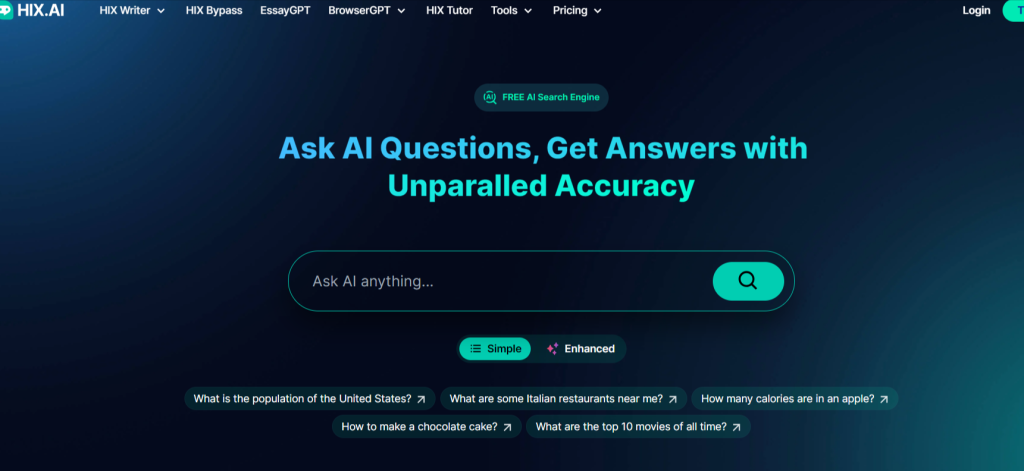Everything is moving to digital platforms and it would be easier to list the things we don’t use digital tools for than vice-versa. Education isn’t an exception to this and educators are always on the lookout for new tools to improve their research and collaborate with others.
One resource that’s often overlooked is Usenet, which is an early online platform filled with valuable articles and discussions. Usenet gives you access to specialised topics, historical information, and a wide range of viewpoints that can be very useful for teachers and researchers. It’s also affordable compared to many other academic databases.
Let’s get into why Usenet is such a great resource for educators – both for research and for connecting with others.
What we will cover?
The 5 Unique Benefits of Usenet for Academic Research
Usenet has a lot of benefits for academic research; here are the five most important ones:
-
Usenet’s Decentralized Nature
Usenet isn’t controlled by one organization, which means you can access information from all over the world.
This makes it a fantastic tool for researchers who want to explore a wide range of opinions and ideas on different topics. You can find diverse perspectives that might not be available from the sources you usually turn to.
-
Access to Specialized Newsgroups
Usenet is organized into newsgroups, each of which is focused on a specific topic.
Because of this, it’s easy for educators (and students!) to find discussions related to their research. Science, history, literature, and more, there are newsgroups that offer deep insights into these subjects. There are also niche newsgroups for very specific areas of study that you won’t find in other academic resources.
-
Historical Archives and Preservation
Usenet has been around since 1980 and its archives store decades of discussions and articles.
This is why it’s such a good source for all kinds of research on how ideas and trends have developed over time. Whether you’re looking into the history of education, technology, or social movements, Usenet’s archives are a rich source of information.
With over 1000 petabytes of information stored on Usenet, it remains an invaluable treasure trove of data for educators looking to access a plethora of topics, spanning decades of knowledge and discussions (report by Giganews).
-
Usenet as a Complement to Traditional Research Databases
Academic databases like JSTOR or Google Scholar offer published research papers, and Usenet provides user-generated articles.
This can be real-time discussions and personal perspectives that aren’t found in traditional databases. You can use Usenet alongside academic databases to get a more complete picture of the topic you’re studying.
-
Cost-Effective Access to Resources
Research tools can be pretty expensive, while Usenet is a more affordable option.
A recent IBISWorld report projects that the academic research services market (in the U.S.) will be 4.2 billion (USD) in 2024. Just based on this data you can plainly see how much USenet offers in terms of affordability for educators who are looking for alternative tools that offer access to diverse resources.
Even the cheapest Usenet provider will do just fine, plus there’s no need to spend too much for a subscription fee to access the articles on there.
4 Reasons Why Usenet is Ideal for Educators
77% of U.S.-based educators now fully rely on digital platforms for research purposes. This highlights the shift towards more accessible, decentralized tools like Usenet (data by Statista).
Now that you know how Usenet benefits research, let’s see how it does specifically for educators.
-
Broad Range of Topics Covered in Newsgroups
Usenet has newsgroups on almost every subject, from history to modern science and technology.
This makes it easy for educators to find specific information related to their field. If you’re teaching or researching a niche subject and you’re struggling to find information, you can find valuable discussions and insights on Usenet.
It’s also helpful for exploring interdisciplinary topics and offers a variety of knowledge across different fields.
-
SSL Encryption for Secure Collaboration
Usenet uses SSL encryption, which protects all articles on it. If you’re working with sensitive research or personal information, this is crucial.
Based on data from Varonis (based on a UK Business Coaching report), 48% of organizations already use encryption to protect sensitive data. This just shows how powerful Usenet’s use of SSL encryption is (especially considering it is free).
You can collaborate with other people in a safe way and never have to worry about an unwanted third party getting unauthorized access.
-
No Moderation
Usenet is not moderated and allows you to have free, open discussions. For researchers and academics, this means that they can find uncensored and honest viewpoints on different topics.
The lack of moderation suggests that you can carry out truly open discussions and get a wider range of perspectives, which will improve the quality of your research.
-
How Educators Can Leverage Usenet for Their Classrooms
You can use Usenet as a complement to your teaching materials by incorporating newsgroup discussions into the lesson plans.
For example, you can assign readings or use discussions as examples in class. With this, you expose your students to different viewpoints and you also encourage critical thinking, and as an educator, you know how important that is and you also know that many people (especially young people) lack it because of smartphones, AI, etc.
Usenet’s archives can also provide extremely valuable historical information to support lessons.
Conclusion
To wrap this whole thing up, Usenet is a great tool that not a lot of educators use because it’s not considered to be a mainstream platform.
But if you have students or if you do any kind of research, that’s exactly what you want; you want a platform that’s not owned by a corporation and that encourages free, open discussions so you can get quality, uncensored information.
“Knowledge is power.” – Francis Bacon



Review Summary
User Reviews
There are no reviews yet. Be the first one to write one.
Share Your Experience